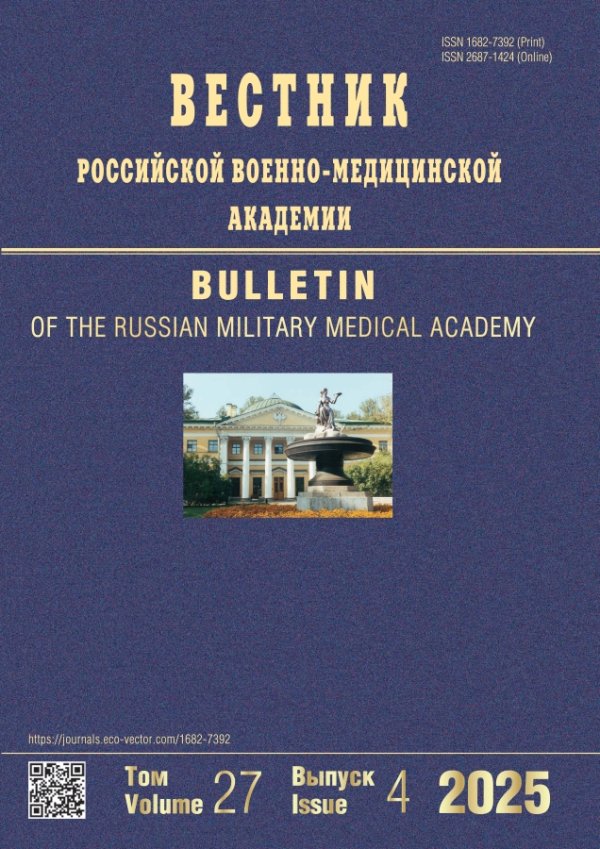Contemporary problems of professional activity of anesthesiologists-resuscitators
- Authors: Klyukovkin K.S.1, Kochorova L.V.1, Okulov M.V.1, Kozhin S.A.1
-
Affiliations:
- First Saint Petersburg State Medical University named acad. I.P. Pavlova (Pavlov University)
- Issue: Vol 22, No 2 (2020)
- Pages: 149-152
- Section: Articles
- URL: https://journals.rcsi.science/1682-7392/article/view/50063
- DOI: https://doi.org/10.17816/brmma50063
- ID: 50063
Cite item
Full Text
Abstract
The results of studying the opinions of anesthetists-resuscitators on topical issues of the implementation of their professional activities are presented. A total of 450 doctors were interviewed in St. Petersburg and 450 doctors in other regions of the North-West Federal District. It was found that 68,8% of anesthetists-resuscitators received specialized training in anesthesiology-resuscitation immediately after graduating from a medical university and work by vocation. At the same time, their professional activity is associated with increased workload (about a third of specialists work with workloads of up to80-90 hours a week), including psycho-emotional work (57,4% of respondents experience constant stress, 45,6% have chronic diseases, resulting from professional activities). The main directions of optimizing the conditions of their activity, doctors call both financial (raising wages, equipping with modern medical equipment), and organizational measures (optimizing the balance of work and rest, reducing the load). 61% of doctors working in St. Petersburg would not want to change jobs, in other regions only 27,6% of respondents would not want to change anything, and 15,5% plan to change their medical specialty. Among the positive aspects of their work, doctors unanimously noted the factors of emotional comfort: the ability to help people, a good work team, and a convenient work schedule. Doctors consider tension and fatigue, wage mismatch with the workload, and lack of legal protection as negative sides. Given the high degree of commitment of resuscitation anesthetists to their profession, adaptation to difficult conditions, the main efforts should be directed to measures to attract and retain medical personnel, optimize the required volumes and forms of advanced training, introduce a system of psychological adaptation of specialists to working conditions, development of legal support measures for doctors.
Full Text
##article.viewOnOriginalSite##About the authors
K. S. Klyukovkin
First Saint Petersburg State Medical University named acad. I.P. Pavlova (Pavlov University)
Author for correspondence.
Email: kozhinmed@gmail.com
Russian Federation, Saint Petersburg
L. V. Kochorova
First Saint Petersburg State Medical University named acad. I.P. Pavlova (Pavlov University)
Email: kozhinmed@gmail.com
Russian Federation, Saint Petersburg
M. V. Okulov
First Saint Petersburg State Medical University named acad. I.P. Pavlova (Pavlov University)
Email: kozhinmed@gmail.com
Russian Federation, Saint Petersburg
S. A. Kozhin
First Saint Petersburg State Medical University named acad. I.P. Pavlova (Pavlov University)
Email: kozhinmed@gmail.com
Russian Federation, Saint Petersburg
References
Supplementary files







